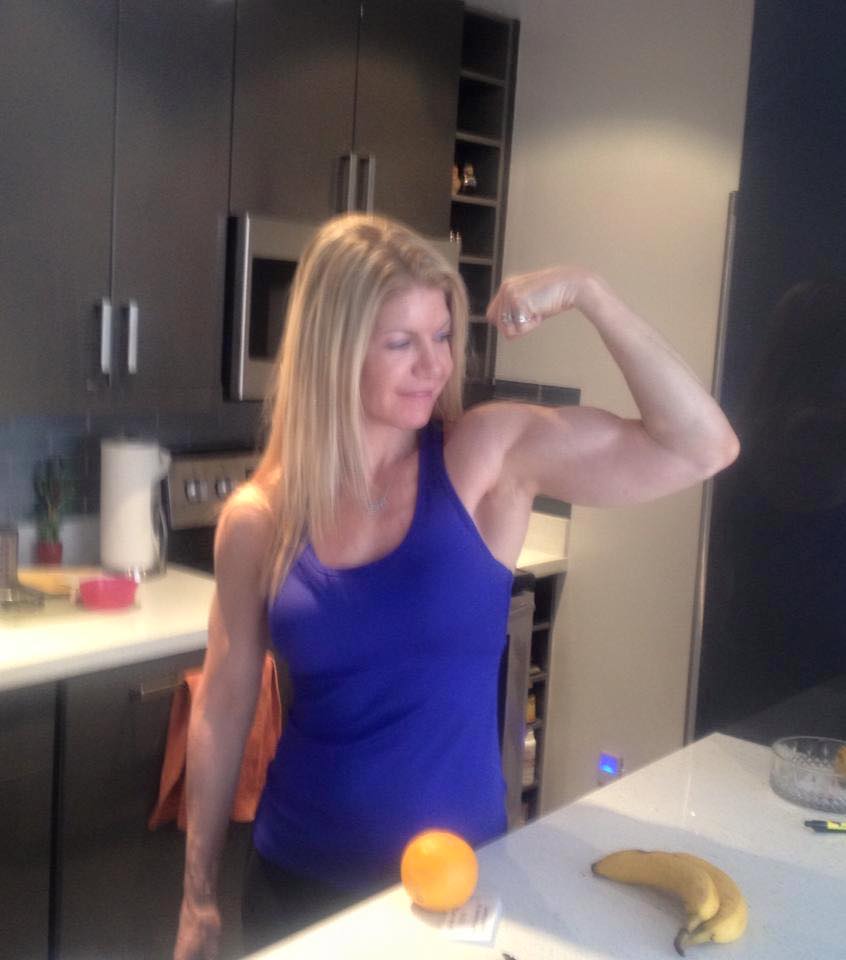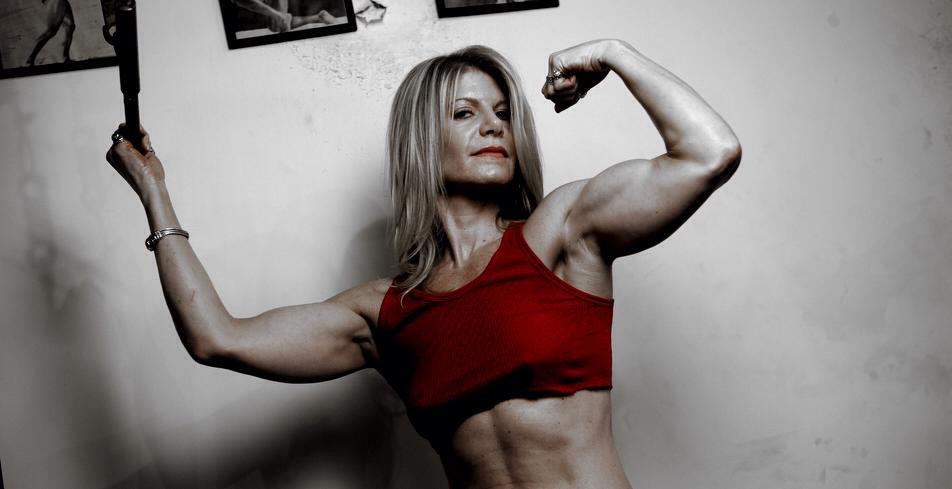
Adequate intake of B vitamins is important to ensure optimum energy production and the building of muscle tissue. While most people can typically achieve the recommended intake for vitamin B with a balanced diet, vitamin B12 is frequently low in female athlete’s diets, especially those who follow a vegetarian diet. (U.S. Air Force photo by Capt. Korey Fratini)While the daily nutrients a person gets are typically supplied through diet, a deficiency of vitamins D or B12 can result in serious health complications.
Vitamin D is essential to one’s overall health to absorb calcium and promote bone growth. Vitamin B12 helps keep the body’s nerve and blood cells healthy and helps make DNA, the genetic material in all cells.
“It is well known that vitamin D plays an important role in bone health and calcium regulation,” said Jennifer Meeks, a dietitian at Fort Belvoir Community Hospital. “However, recent research also indicates vitamin D may also play a role in regulation of the immune system and skeletal muscle function. This nutrient can also impact training and performance in athletes and people who exercise regularly.”
Vitamin B12 is needed to support the normal function of nerve cells, and to manufacture myelin, the insulating material that surrounds some of our nerve cells and speeds neural transmission. “Adequate intake of B vitamins is important to ensure optimum energy production and the building of muscle tissue,” said Meeks. “While most can typically achieve the recommended intake for vitamin B with a balanced diet, vitamin B12 is frequently low in female athlete’s diets, especially those who follow a vegetarian diet or may have an eating disorder.”
Karen Vonderhaar, also a dietitian within the Nutrition Services Department, Fort Belvoir Community Hospital explains why many female athletes have low levels of B12: “Female athletes eliminate certain food groups or restrict their intake of energy supplements to enhance performance or lose weight,” she said. “Eliminating nutrients can have adverse effects on one’s long-term health and fitness.”

Vonderhaar says foods that are rich in vitamin D include whole milk, mushrooms, and yes…spare ribs. For vitamin B12, she recommends foods such as beef liver, skim milk, and eggs.
“Vitamin D is a fat-soluble nutrient,” said Meeks. “If you have difficulty digesting and absorbing fats, you may have decreased vitamin D absorption. Sunlight, tuna in canned water, and yogurt are great sources of vitamin D. Animal foods like chicken, beef, and poultry are rich in B12.”
While further research is needed to determine the impact of vitamins D and B12 on performance and training in athletes, fellow Fort Belvoir Hospital dietitian Joanne Kuchta did note that people who live in northern parts of the U.S., or perform most of their exercise and training indoors are at risk for low levels of vitamin D. “I recommend those who are physically active to incorporate training outdoors—weather permitting, along with their regular indoor workout regimens,” she said.
This issue hits home for me particularly because I was getting sick when training and my vitamin D level was low, they put me on a high dosage(Vitamin D2 – 50,000 units) and after 5 years of suffering and not knowing what was going on, I found the answer to my problem. I hope this might help you.
For more good resources to learn about vitamins and nutrition topics, please visit: www.eatright.org, or http://ods.od.nih.gov/
Lori Braun
